Centro de recursos
El coronavirus y la comunidad negra: contestamos tus preguntas sobre la vacuna


Membresía de AARP: $15 por tu primer año cuando te inscribes en la renovación automática.
Obtén acceso inmediato a productos exclusivos para socios y cientos de descuentos, una segunda membresía gratis y una suscripción a AARP The Magazine.
Únete a AARP
Jueves, 1. ˚ de abril, 1 p.m., hora del este
Llama sin cargo al 855-274-9507 para hacer tu pregunta o escucha gratis el evento aquí (para escuchar en español marca el 833-946-1559).
Este evento en vivo de preguntas y respuestas abordó el impacto de la pandemia de coronavirus en la comunidad negra. Compartimos información sobre la vacuna y su distribución entre los adultos mayores, las personas de color y quienes tienen enfermedades subyacentes.
¿Te lo perdiste? Mira una repetición del evento en el video que está arriba (en inglés).
Conoce a los expertos:
- Rachel Villanueva, M.D.
Presidenta entrante,
National Medical Association
- Clarence Anthony
Presidente,
National League of Cities
- Arthur C. Evans, Jr., Ph.D.
Presidente,
American Psychological Association
Para más información visita AARP.org/elcoronavirus










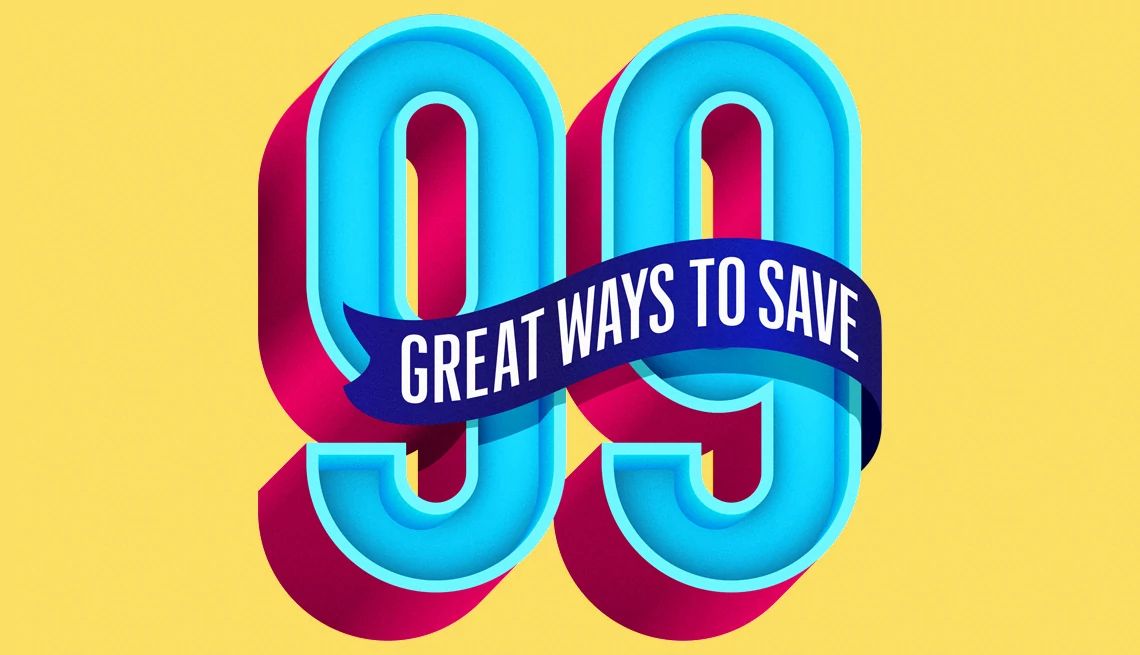

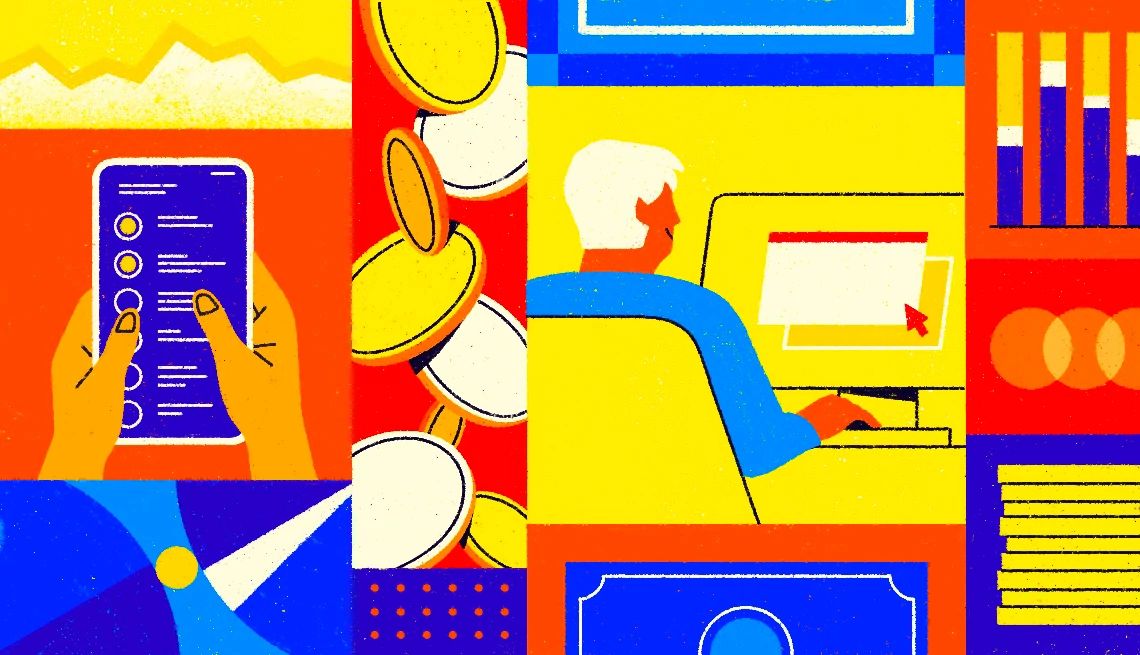
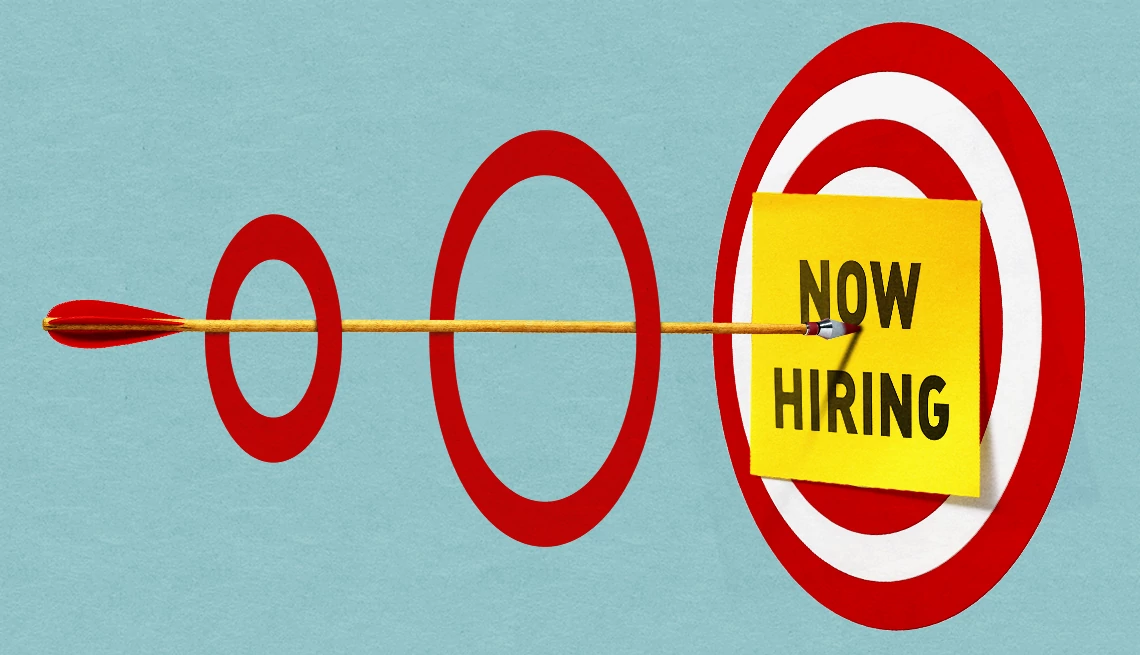




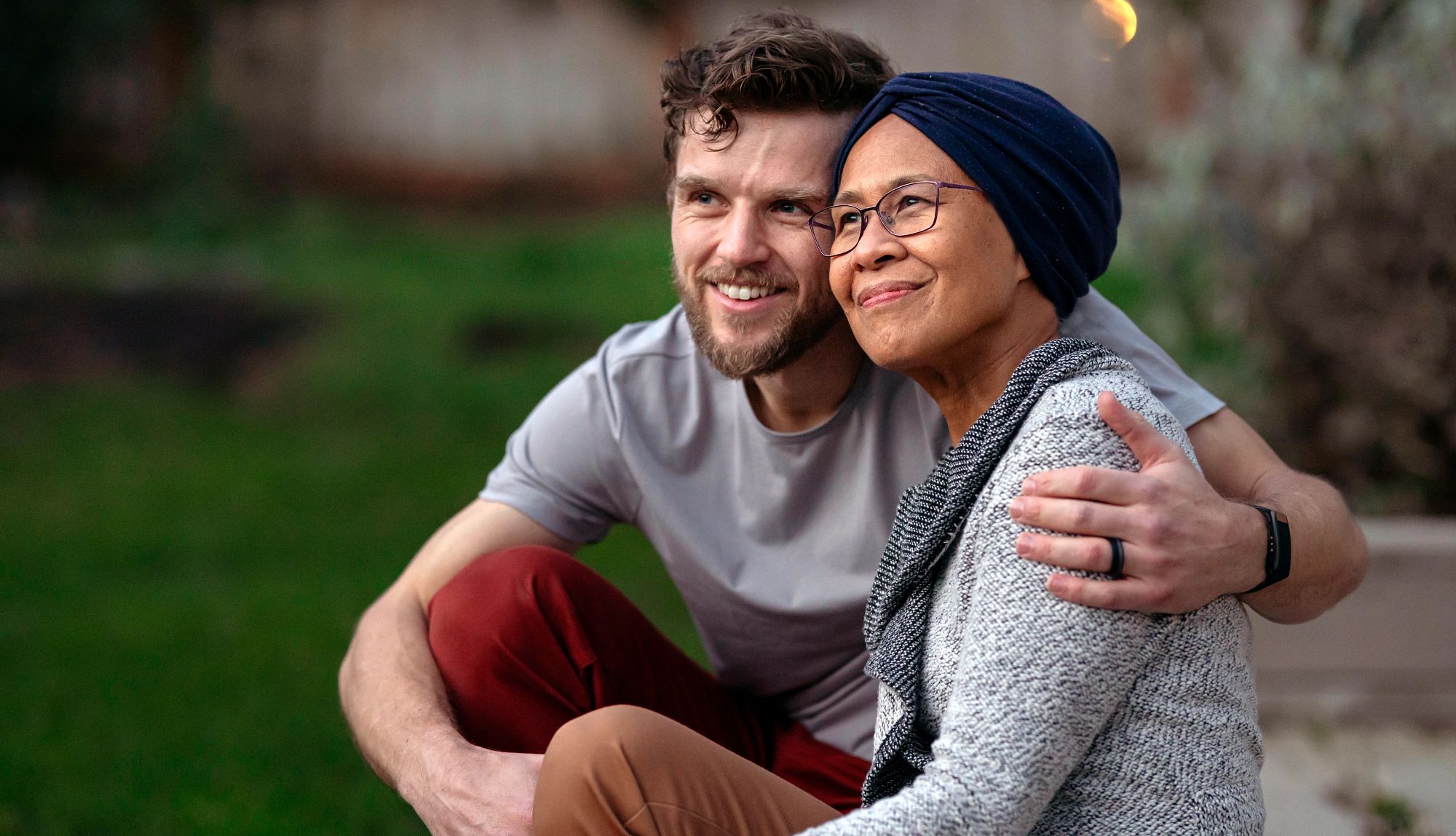



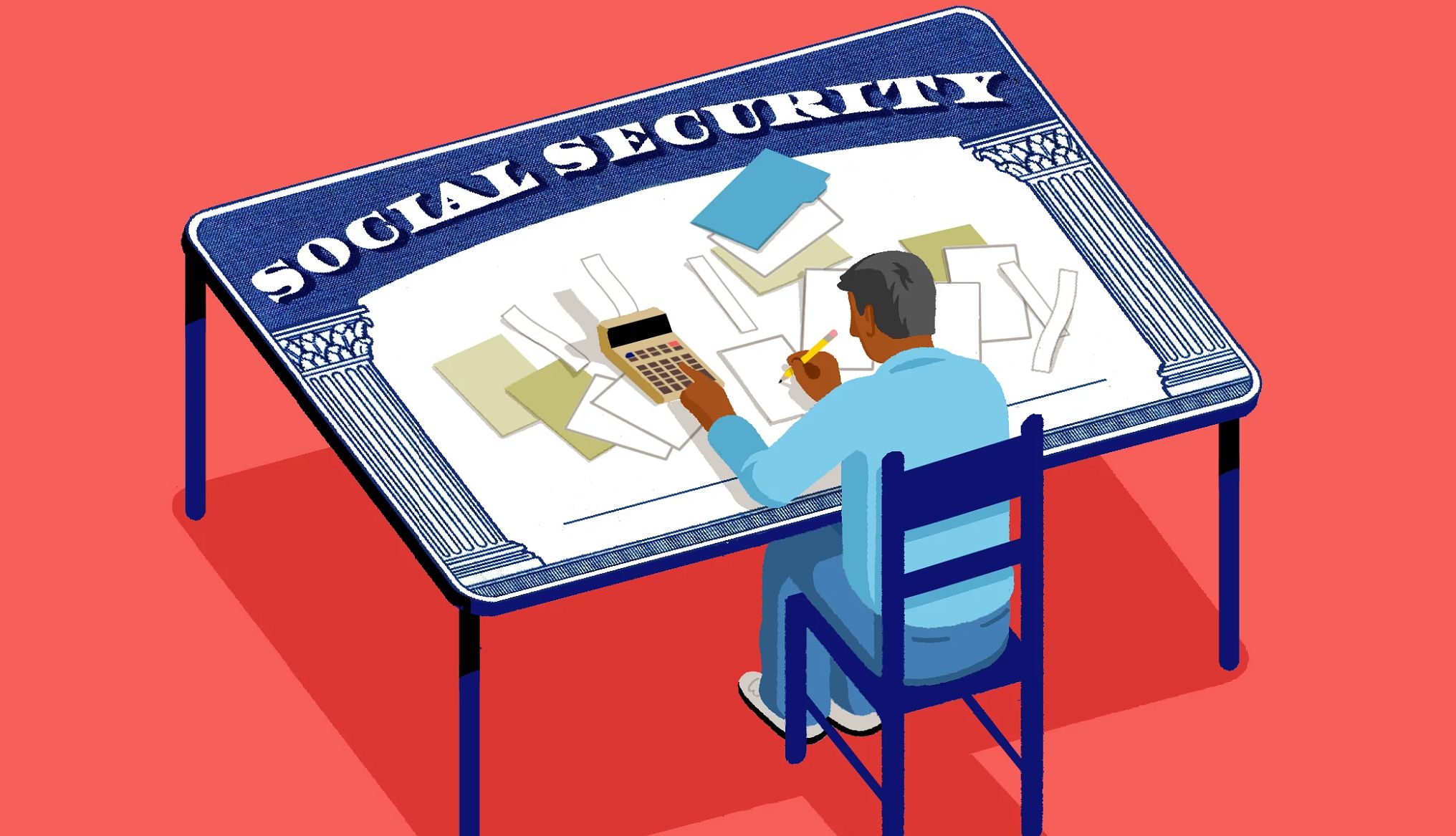

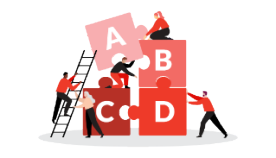
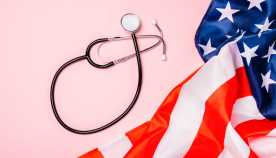


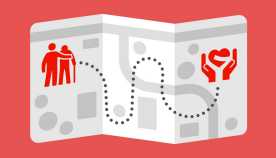








.jpg?crop=true&anchor=13,195&q=80&color=ffffffff&u=lywnjt&w=2008&h=1154)

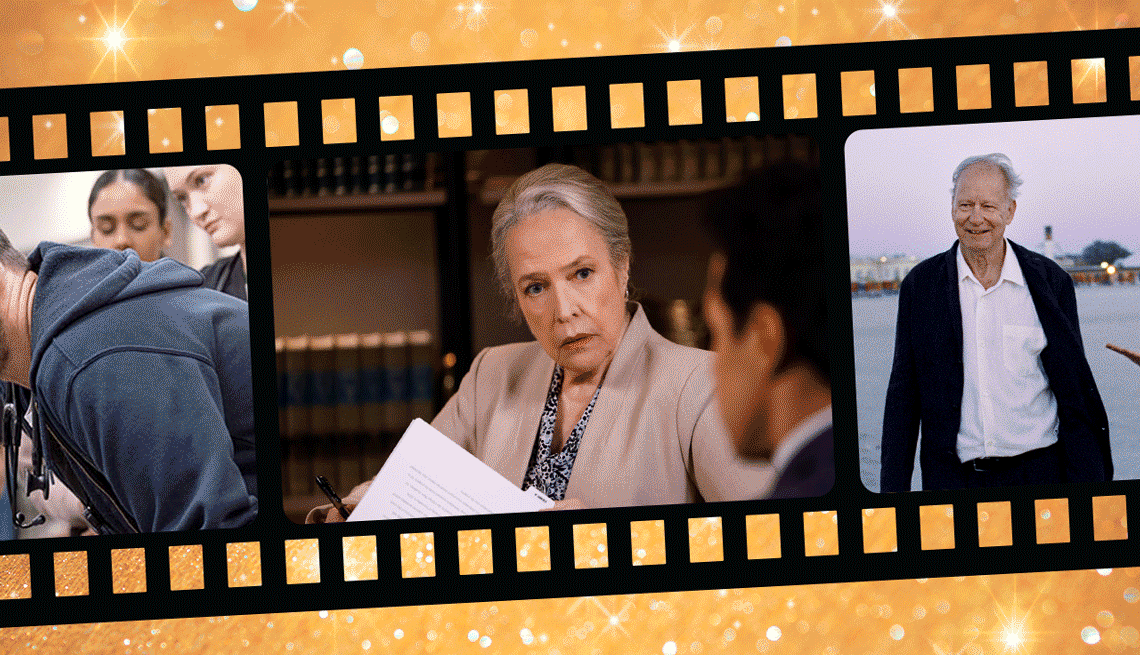





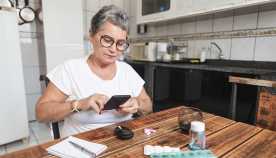









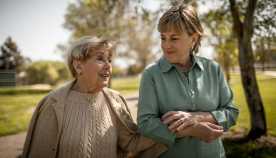









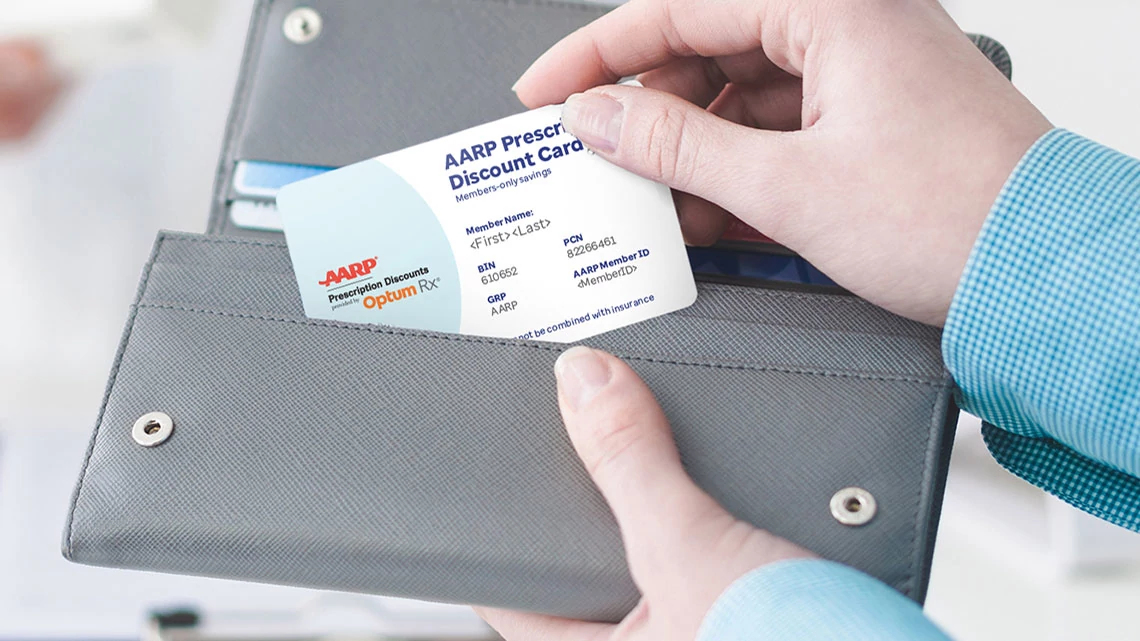
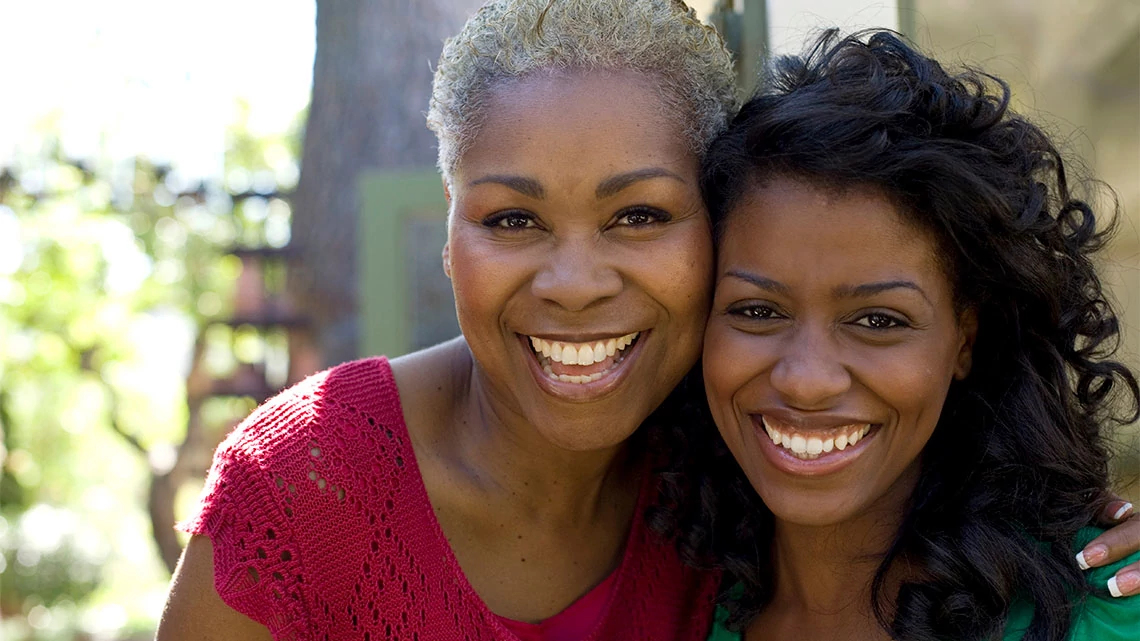

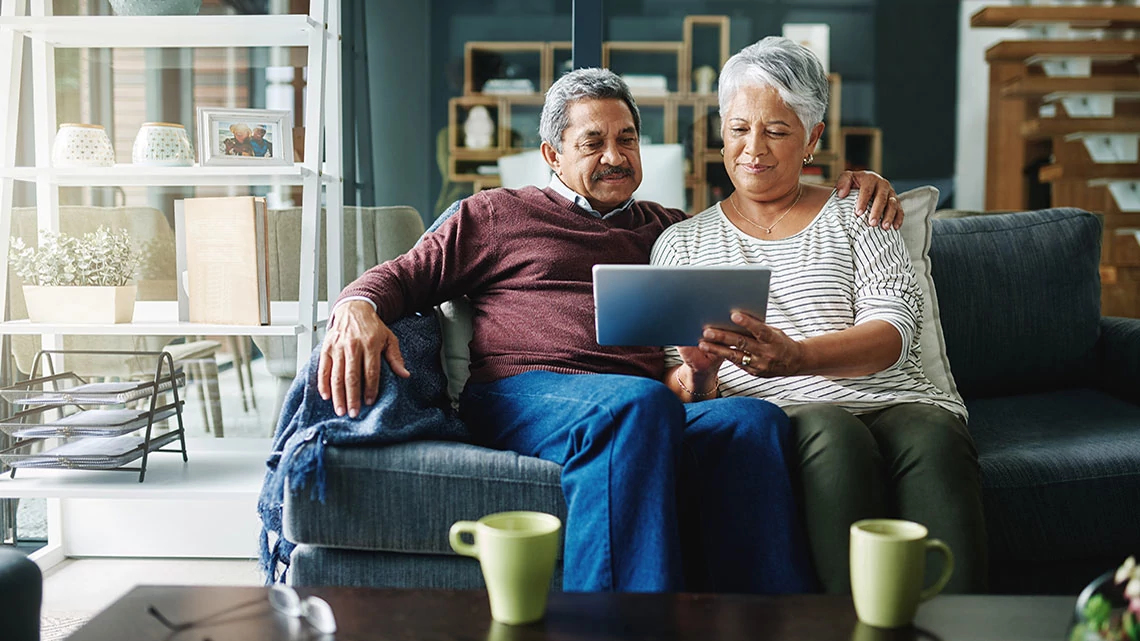
También te puede interesar